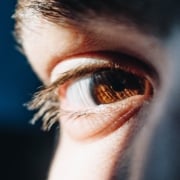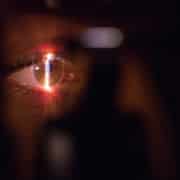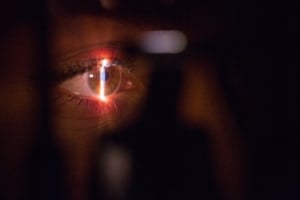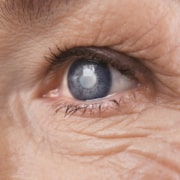What Eye Conditions Can Medical Marijuana Assist With?

Medical marijuana is legal in Hawaii with a State 329 Medical Marijuana license card. Any patient interested in using medical marijuana must have a 329 medical card. Thankfully, Jeffrey Maehara, MD, can perform consultations and complete applications for a medical marijuana card in Honolulu, HI.
If you’re interested in utilizing medical marijuana for an eye condition, keep reading to learn more about the qualifying conditions and how to apply for a license.
What Eye Conditions Can Medical Marijuana Assist in Treating?
Medical marijuana can be used to treat eye conditions that cause intraocular pressure (IOP), such as glaucoma, by reducing pressure and increasing comfort.
A medical marijuana license may also be granted to patients with cancer, lupus, epilepsy, multiple sclerosis, rheumatoid arthritis, and mental health conditions such as PTSD and anxiety.
Medical marijuana is frequently used for these conditions to assist with nausea, pain, and appetite. However, it can also be useful for those who have debilitating medical conditions such as seizures and muscle spasms.
How to Register for a State 329 Medical Marijuana License
If you are interested in the State 329 Medical Marijuana license, the first step is to check to see if your condition or symptoms are on the list of qualifying medical conditions. Then, you can fill out and turn in your application. This may involve supplying medical records, doctor’s notes, and other documentation. Once the application has been submitted, Dr. Maehara will schedule a consultation with you. During this time, he’ll discuss your condition with you and determine if medical marijuana would be beneficial. If so, he can complete your application and submit it to the State for final approval. Your card should arrive in the mail shortly after.
Apply for a Medical Marijuana License Today
Learn more about the benefits of medical marijuana as well as how to apply for a license by contacting Jeffrey Maehard in Honolulu, HI. Call our office today at 808-955-3937 or request a consultation online.











